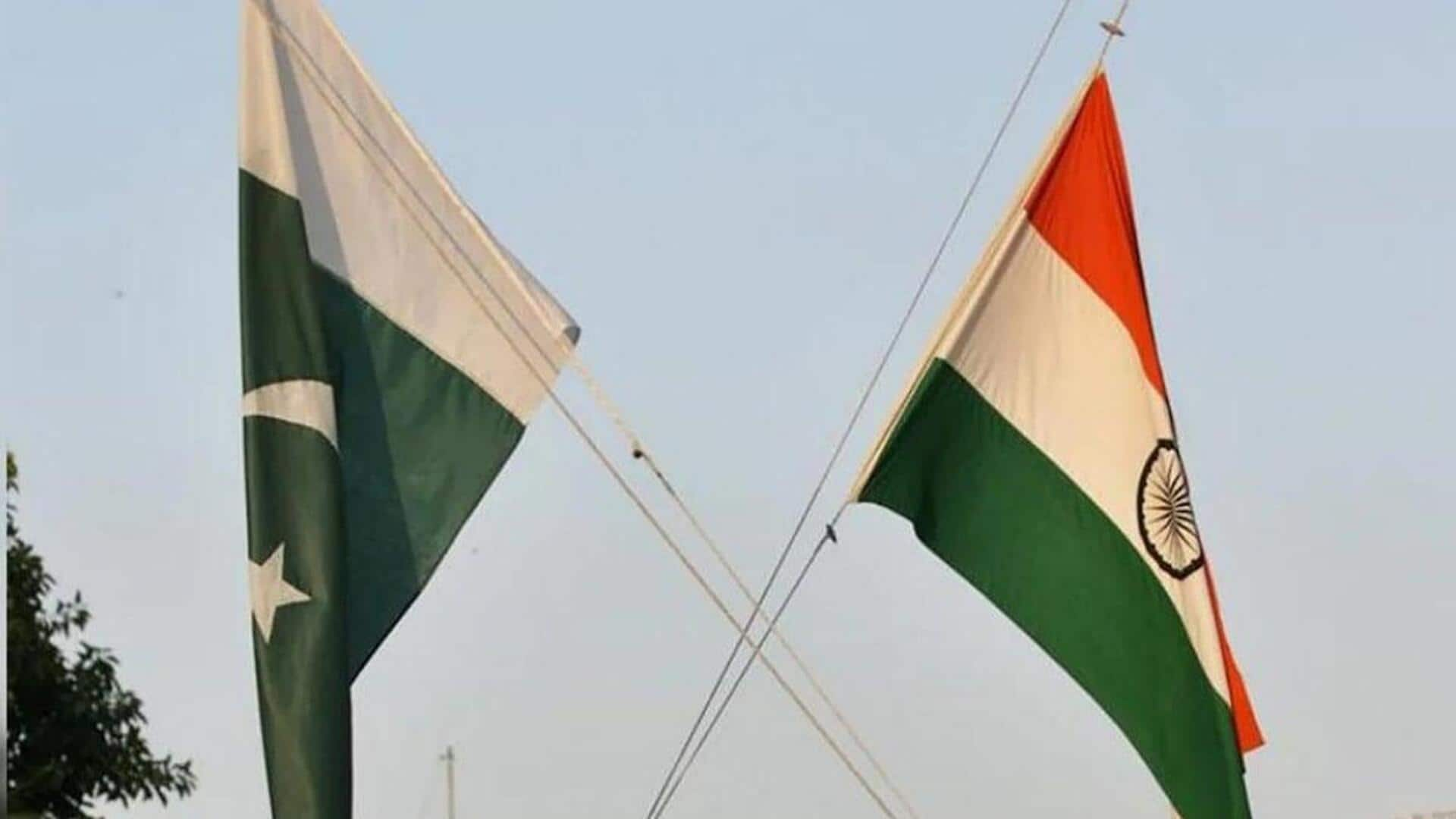
How India, Pakistan agreed on ceasefire
What's the story
India and Pakistan have surprisingly agreed on a ceasefire after days of increased military provocations. Confirmation was provided by India's Foreign Secretary Vikram Misri on Saturday. Misri said DGMOs from both countries talked at 3:30pm IST today and agreed to stop all firing and military action across land, air, and sea.
Implementation
Ceasefire took effect at 5pm
The ceasefire became effective from 5:00pm today, Misri further revealed. He added that instructions have been issued from both sides to implement the understanding. He also announced that the DGMOs will meet again on May 12. In a statement on social media, the Ministry of Information and Broadcasting said, "There is no decision to hold talks on any other issue at any other place."
US involvement
Trump claims US-mediated discussions led to ceasefire
US President Donald Trump said that the ceasefire was a product of US-mediated talks between India and Pakistan. He congratulated both countries on their decision to agree to a "FULL AND IMMEDIATE CEASEFIRE" after a long night of talks mediated by the United States. This came just minutes before India's formal confirmation of the ceasefire agreement and details of the negotiations.
Diplomatic discussions
NSA and External Affairs Minister in talks with US counterparts
NSA Ajit Doval and EAM S Jaishankar have been negotiating with their US counterparts for several days on a possible ceasefire, and have been regularly updating the Prime Minister on the developments. Government sources suggest that India chose to agree to the ceasefire on its own terms. Indian Navy Commodore Raghu R Nair, however, maintained that the military will "remain fully prepared, ever vigilant and committed to defending the sovereignty and integrity of the motherland."
US influence
US pressure on Pakistan contributed to ceasefire acceptance
The US was instrumental in de-escalating the situation by directly pressuring Pakistan. According to reports, the provisional release of a $1 billion IMF loan to Pakistan was tied to its immediate acceptance of the ceasefire. The US has also formally recognized India's revised war doctrine, according to which any future terror attack will be treated as an act of war. These factors are believed to have influenced Islamabad's acceptance of the ceasefire.